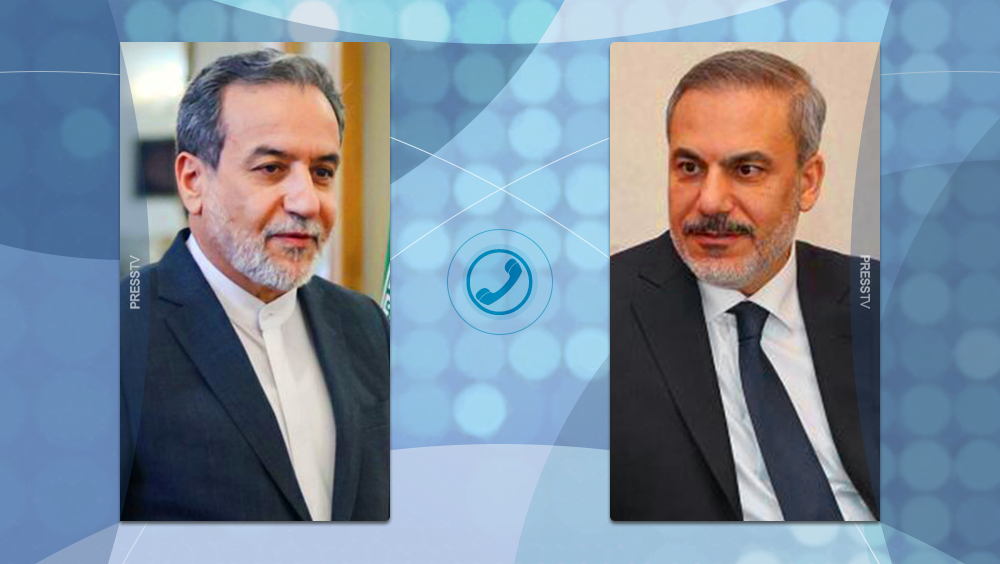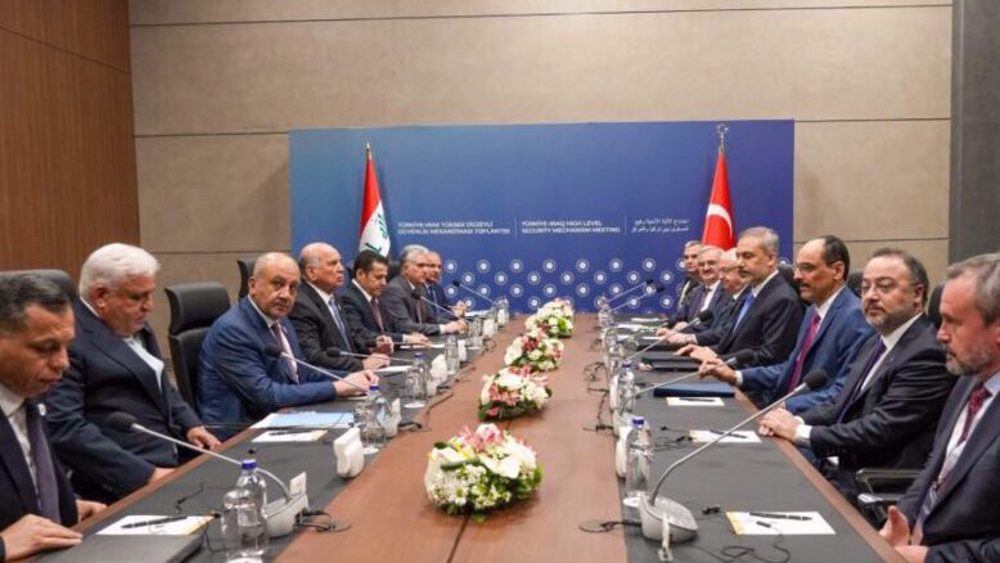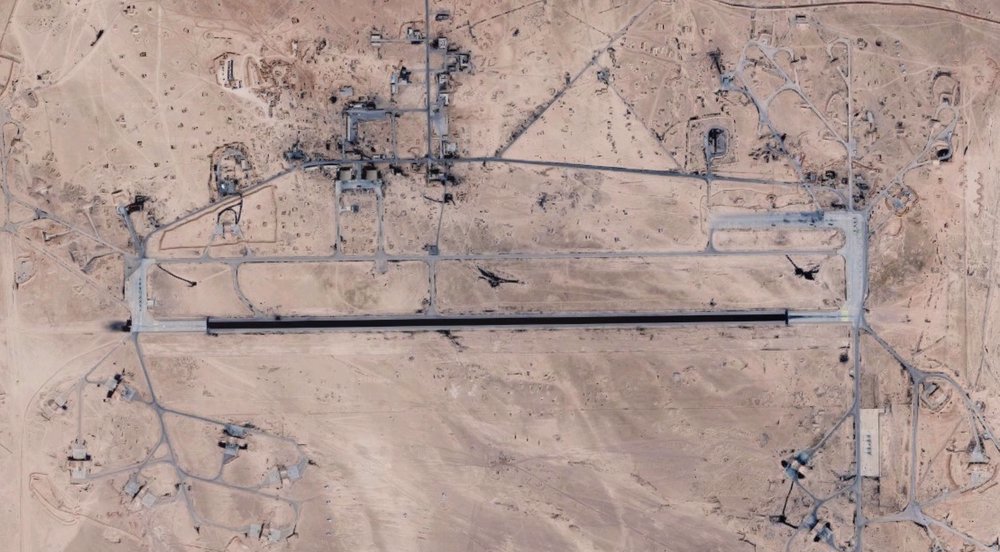Erdogan orders closure of thousands of Gulen-linked private schools, unions
Turkish President Recep Tayyip Erdogan has ordered the closure of thousands of private schools, charities and other institutions over suspected links to US-based cleric Fethullah Gulen, blamed for the last week failed coup attempt.
In his first decree since imposing a three-month state of emergency after the coup attempt, Erdogan on Saturday authorized the closure of 1,043 private schools, 1,229 charities and foundations, 19 trade unions, 15 universities and 35 medical institutions for their suspected link to the Gulen movement.
Parliament must still approve the decree but it requires only a simple majority. The ruling AK Party, founded by Erdogan and in power since 2002, commands the majority of seats in parliament.
Erdogan has accused Gulen, who has many followers in Turkey and abroad, of masterminding last Friday’s failed coup, in which at least 246 people were killed and more than 2,100 others sustained injuries. Gulen denies the charge and has condemned the coup.

The decree comes three days after a state of emergency was declared in Turkey, allowing the president and cabinet to bypass parliament in enacting new laws and to limit or suspend rights and freedoms as they deem necessary.
Tens of thousands of soldiers, security officers, judges, prosecutors, civil servants and academics suspected of ties to the Gulen movement have been detained or suspended from their jobs.
Erdogan has pledged to “cleanse” the country’s institutions of the “virus” of Gulen supporters, drawing concerns from Turkey’s Western allies over his increasingly authoritarian stance.
Meanwhile, Ankara has escalated pressure on Washington to extradite Gulen, sending several “dossiers” that it says are packed with evidence about his alleged role in the failed coup.
The US had earlier said it would extradite Gulen if Turkey provided evidence, not allegations, that he was behind the coup attempt.
Concerns have been on the rise about the crackdown that the Turkish government has begun following the failure of the coup. The EU is particularly concerned as Ankara seeks accession to the bloc. One special area of concern is Ankara’s attempts to reintroduce the death penalty to allow the execution of those believed to have been involved in the coup bid.
Erdogan has lashed out at the critics of the sweeping purge in the country, stressing that Turkey will never make compromises on democracy.

Iran, Turkey foreign ministers discuss Muscat talks, other regional issues

Iraq warns Daesh threats ‘resurging’ in Syria

Turkey readies plans to take over Syria’s T4 airbase: Report
Iran, Russia strategic partnership put in fast lane
Huge explosion rocks Shahid Rajaei Port in southern Iran
MIT forced to cut ties with Israeli weapons maker Elbit Systems
Third round of indirect Iran-US talks kick off in Muscat
VIDEO | Honduras popular democratic project
Tehran slams Paraguay’s blacklisting of IRGC as illegal, tied to Israeli agenda
Israeli forces kill Palestinian teenager in occupied West Bank
US government deports two-year-old citizen 'with no meaningful process'












 This makes it easy to access the Press TV website
This makes it easy to access the Press TV website